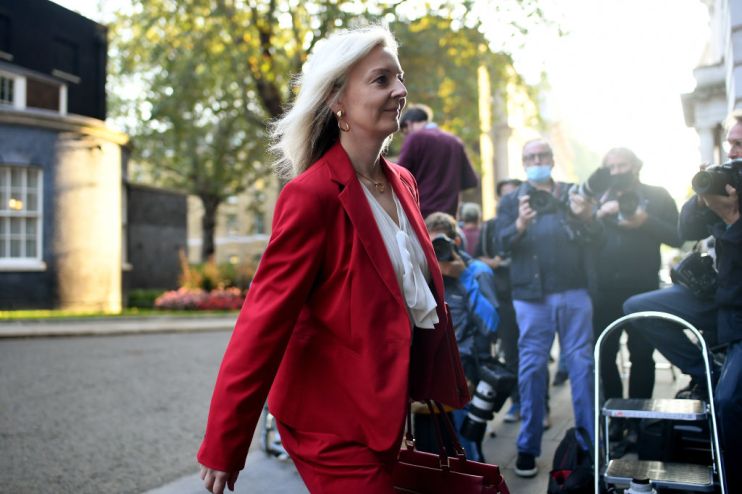Shadow Trade Minister: The future of Britain’s steel industry is at risk if Liz Truss slashes tariffs

In 1971, the UK’s steel manufacturing industry employed around 320,000 people. By 2016, just 24,000 worked in steel manufacturing – and that number is even lower today. The steel industry has been in decline ever since its peak in the 1970s.
Despite its national strategic importance in supporting our nation’s defence and manufacturing sectors, not to mention the well-paid jobs that come with it, the evidence of the last few years is that the Conservatives are accelerating a decline in domestic steel production.
Take Redcar as an example. During the heyday of Britain’s steel manufacturing, Redcar had 91 blast furnaces including the second largest in Europe, but by 2015 the last coke ovens and blast furnaces at the Redcar steelworks had closed down.
This happened because the Cameron government blocked the use of trade remedies that were proposed by the EU to prevent a flood of cheap imports which stemmed from global overcapacity. Redcar was allowed to close by the Conservatives despite its world-leading carbon capture and storage technology.
Now in 2021, Liberty Steel is at risk of collapse following the news that Greensill Capital had gone into administration. Liberty runs one of the last few steel mills in Britain and is a specialist in environmentally friendly “green” steel.
Over the past few decades, countries like China started producing large quantities of cheap steel for export to foreign markets. Following moves by the US, the European Union introduced section 232 import tariffs in 2018 on steel to protect our market against cheap foreign imports.
After we left the EU, we kept this restriction on steel tariffs at the end of the transition period. This, however, was subject to a review by the Department for International Trade’s Trade Remedies Investigations Directorate (TRID).
Last week, the report from TRID recommended cutting half of our trade defence measures such as quotas and tariffs on imports of steel.
In the analysis, however, there was a shocking lack of understanding of how the manufacturing sector works. Ending the measures on products like tin plate, steel sections, tubes and wire-rods will affect the viability of the steel mills which are still covered by trade defence measures. Steel producers make multiple products at the same plant and ending the protections in one area will affect the economies of scale the industry relies on.
Cutting half our steel trade defence measures is out of step with global standards. Every other steel-producing country understands the crucial importance of these safeguards. Both the EU and the US have maintained their full import restrictions on steel.
Th UK will inevitably become a magnet for cheap foreign steel. Of the top ten largest markets for steel, only Japan and South Korea do not have some form of import tariff or quota.
The recommendations from TRID reinforce the long-standing about its remit, with far too much emphasis placed on the unimpeded functioning of the global market, and not enough on the fair safeguards which domestic producers and their workers should expect from their government.
The evidence used for the basis of its recommendations is flawed. TRID used data for the period 2013-2017, before the EU’s tariff protects were implemented. Needless to say, much has changed since those four years, not least a global pandemic that has damaged the profitability of many otherwise viable industries.
The transition period after leaving the European Union was an opportunity to invest in our steel industry. Instead, the government has chosen to undermine it. The Secretary of State for International Trade, Liz Truss, must now reject this recommendation by TRID if the government has any interest in preserving domestic steel production in the coming decades.